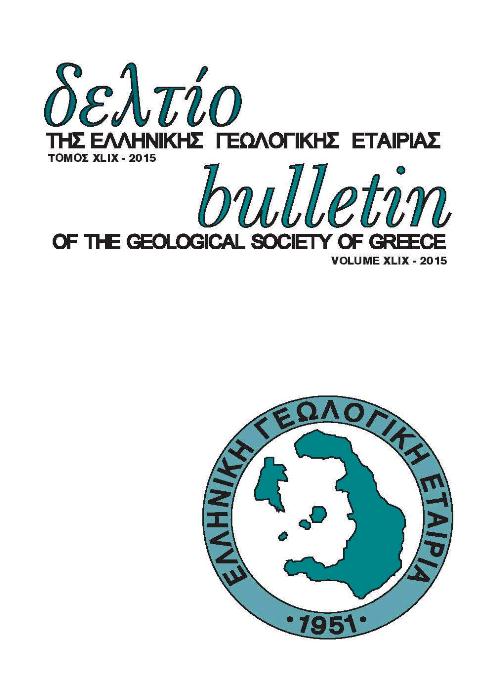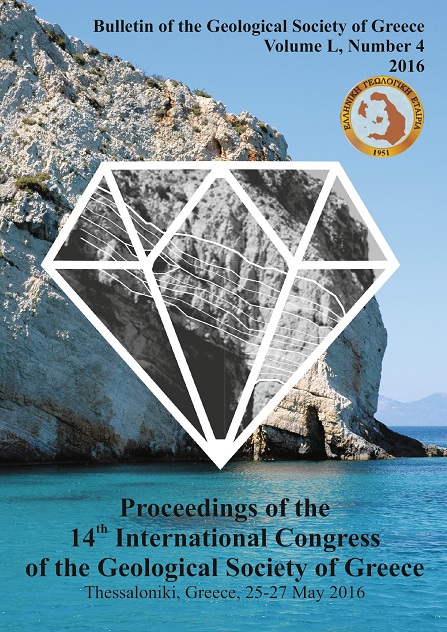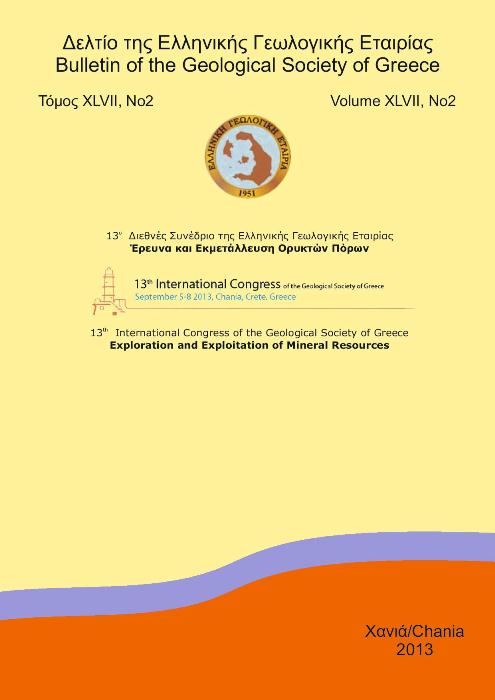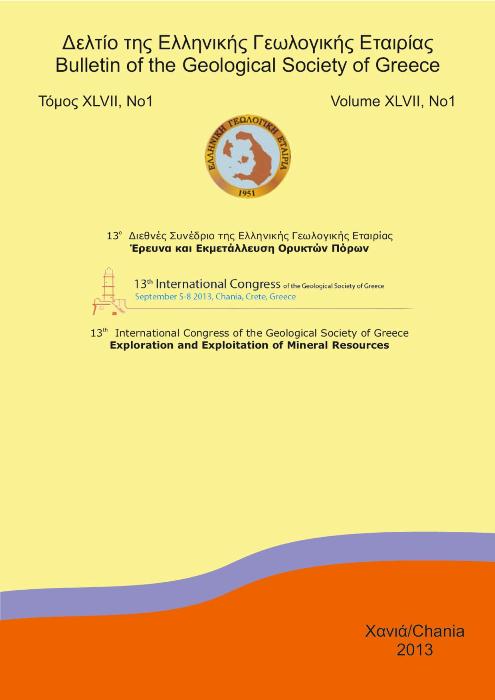SEAWATER INTRUSION AND NITRATE POLLUTION IN COASTAL AQUIFER OF MARATHON BASIN
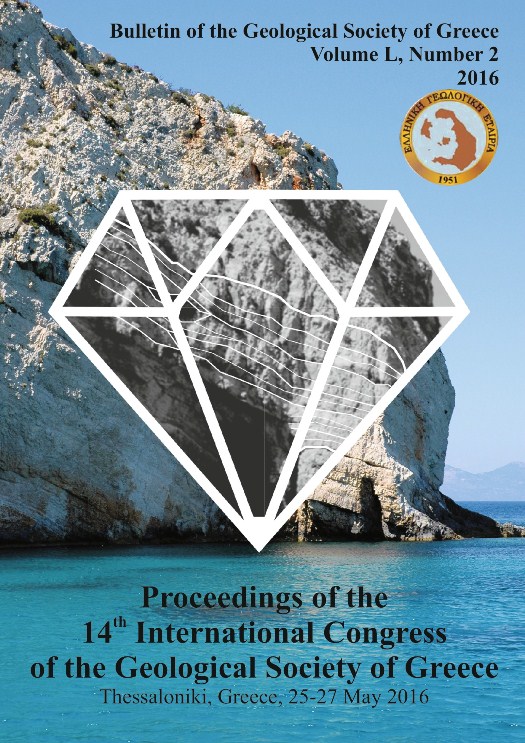
Abstract
The overexploitation of groundwater and groundwater salinization cause quantitative and qualitative degradation of the water resources. The objectives of this research are to identify and investigate the extent of seawater intrusion and nitrate pollution into the coastal plain of Marathon in Eastern Attica, Greece. In the frame of this, 25 groundwater samples were collected in October 2014 from the study area and analyzed regarding the main parameters that indicated salinization of the aquifers. Specifically, water chemical analyses were carried out and statistical analyses regarding spatial distribution were performed. The results demonstrated increased values of the parameters which can be associated with seawater intrusion. Considering and evaluating the results from the chemical analyses it is obvious that seawater intrusion takes place in the area. Furthermore, the average concentration of NO3- was 44.16mg L-1 and this can be attributed to overexploitation of coastal aquifer for agricultural activities.
Article Details
- How to Cite
-
Papazotos, P., Koumantakis, I., & Vasileiou, E. (2016). SEAWATER INTRUSION AND NITRATE POLLUTION IN COASTAL AQUIFER OF MARATHON BASIN. Bulletin of the Geological Society of Greece, 50(2), 927–937. https://doi.org/10.12681/bgsg.11797
- Section
- Engineering Geology, Hydrogeology, Urban Geology

This work is licensed under a Creative Commons Attribution-NonCommercial 4.0 International License.
Authors who publish with this journal agree to the following terms:
Authors retain copyright and grant the journal right of first publication with the work simultaneously licensed under a Creative Commons Attribution Non-Commercial License that allows others to share the work with an acknowledgement of the work's authorship and initial publication in this journal.
Authors are able to enter into separate, additional contractual arrangements for the non-exclusive distribution of the journal's published version of the work (e.g. post it to an institutional repository or publish it in a book), with an acknowledgement of its initial publication in this journal. Authors are permitted and encouraged to post their work online (preferably in institutional repositories or on their website) prior to and during the submission process, as it can lead to productive exchanges, as well as earlier and greater citation of published work.



